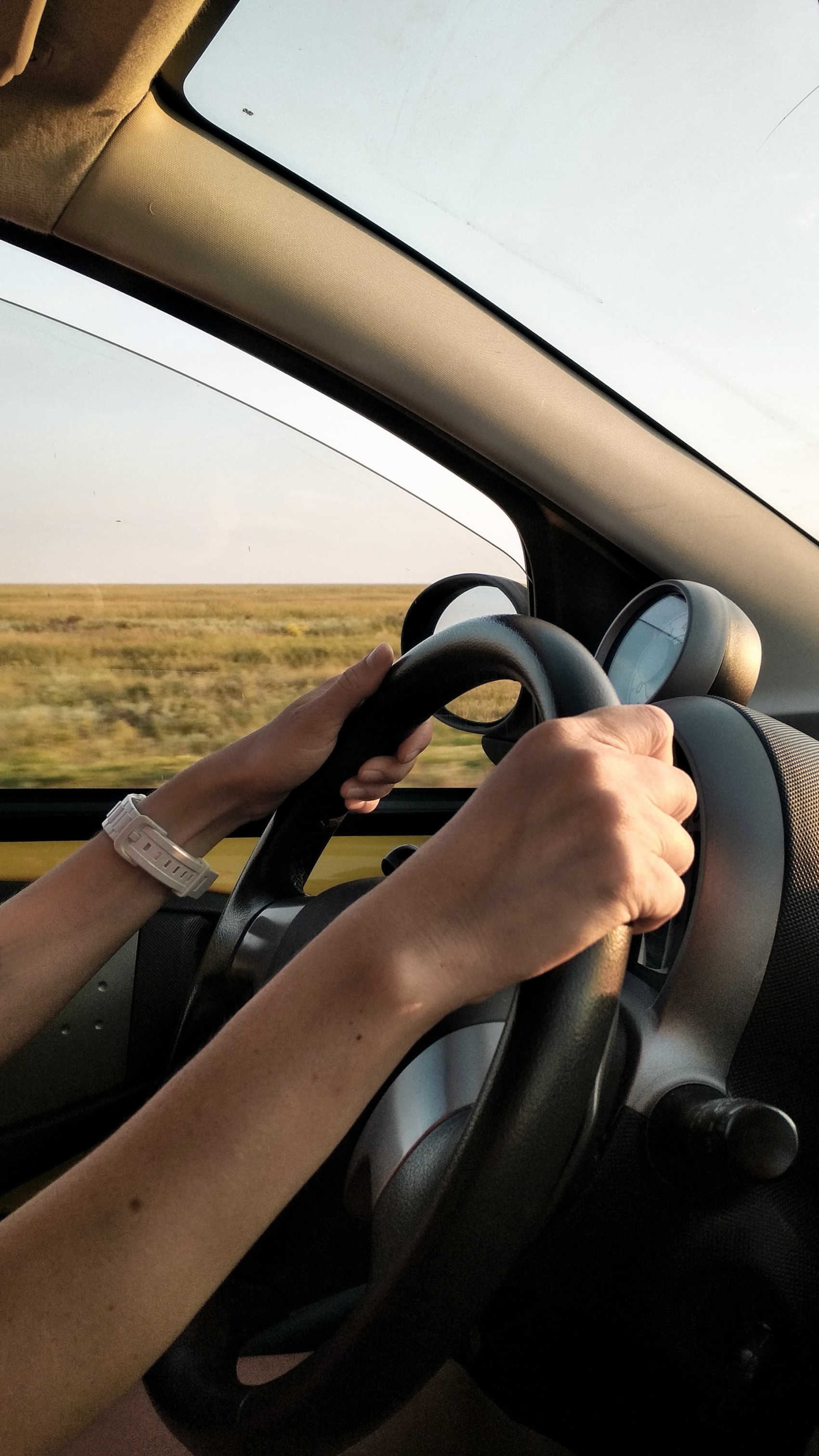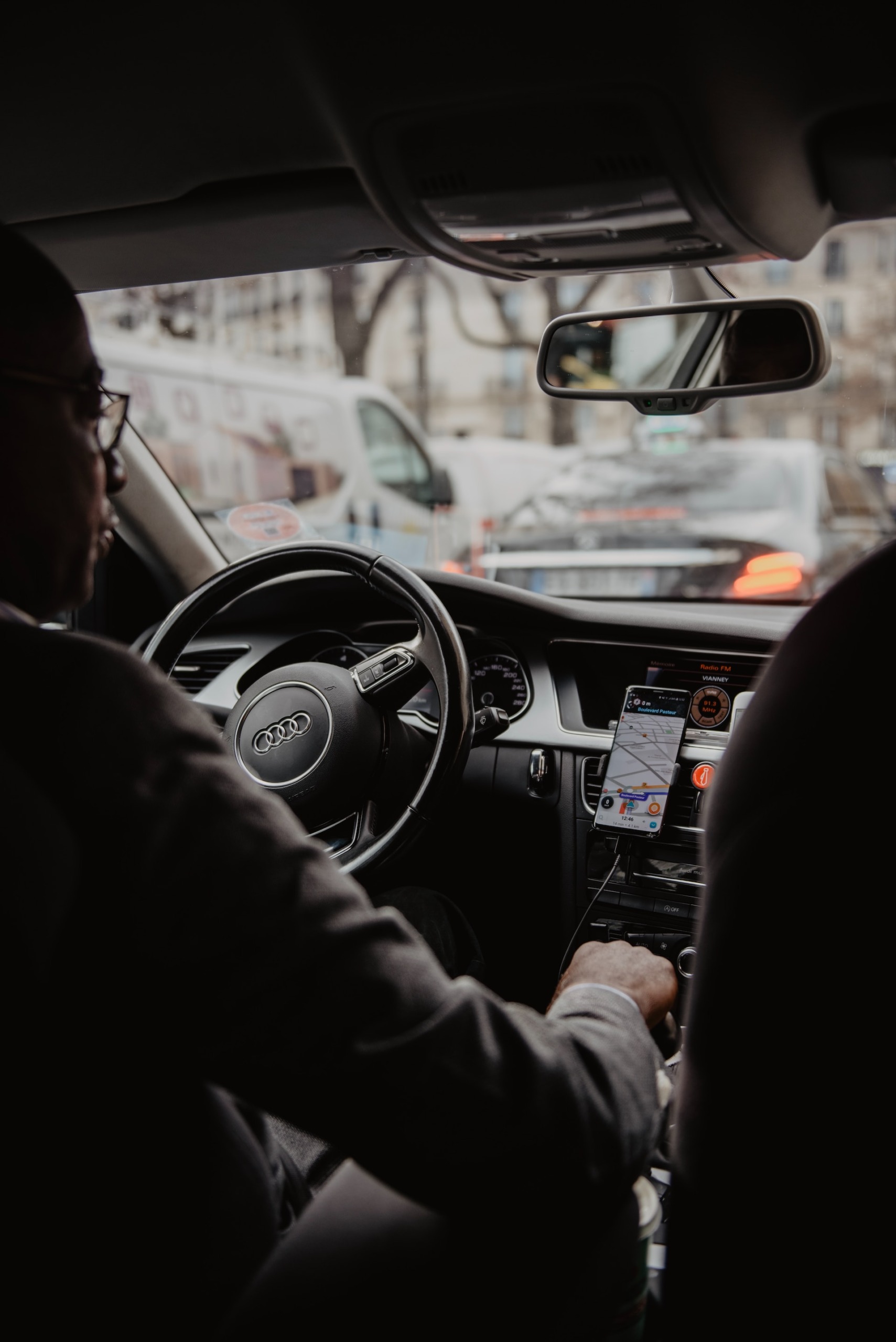Setting off on a road trip is always an exciting adventure, filled with the promise of new experiences and cherished memories. However, with great freedom comes great responsibility, especially when it comes to road safety in Long Island.
Safe driving habits are not just essential; they are paramount to ensuring a smooth and enjoyable journey for everyone on board. In this article, we will explore the significance of promoting responsible driving on road trips, discussing essential habits that contribute to a safer, more enjoyable travel experience for all.
1. Plan and Get Adequate Rest:
Planning ahead involves more than just choosing your route. It’s about conducting a thorough vehicle check-up, ensuring your brakes, tires, lights, and fluids are in top condition. Regular maintenance not only enhances your vehicle’s performance but also minimizes the risk of unexpected breakdowns. Equally crucial is your own well-being. Adequate rest is non-negotiable. Lack of sleep can impair cognitive functions, reaction time, and decision-making abilities, making it essential to get a full night’s sleep before hitting the road. Proper rest ensures you’re mentally and physically prepared to tackle the challenges of a road trip.

2. Avoid Distractions:
Distractions come in various forms, especially with the prevalence of smartphones and other electronic devices. It’s vital to resist the temptation to engage with your phone, GPS, or entertainment systems while driving. Consider designating a co-pilot to handle navigation and manage in-car entertainment. If you’re driving alone and need to use your phone, pull over to a safe location. Distractions divert your attention from the road, increasing the risk of accidents. Maintaining a focused mindset ensures that your reactions are swift and accurate, creating a safer environment for everyone in the vehicle.
3. Stay Prepared for Unexpected Events, Including Accidents:
While no one plans for accidents, it’s crucial to be prepared for the unexpected. Familiarize yourself with emergency procedures, such as knowing how to safely pull over to the side of the road and contact emergency services. Keep an emergency kit in your vehicle, including items like first aid supplies, a flashlight, blankets, and non-perishable food and water. In the event of an accident, contact Trusted Car Accident Lawyers in Long Island.
Understanding what to do in the event of an accident can mitigate further damage and injuries. Remember to remain calm, assess the situation, and provide assistance to others involved while awaiting professional help. Being prepared for accidents ensures a swift and organized response, minimizing potential harm and promoting a safer road environment for everyone.

4. Obey Speed Limits:
Speed limits are meticulously calculated to ensure safe driving under specific conditions. Adhering to these limits allows you to maintain control of your vehicle and react promptly to unexpected situations. In adverse weather conditions, such as heavy rain or snow, reducing your speed is crucial. It extends your reaction time and shortens stopping distances, enhancing overall safety. By obeying speed limits, you contribute to a predictable and secure driving environment for yourself and others.
5. Buckle Up and Secure Passengers:
Seat belts are fundamental safety features that significantly reduce the risk of injury or death in a collision. Every passenger should be correctly restrained using seat belts, regardless of their seating position. For young children, utilizing appropriate child safety seats, based on their age, height, and weight, is essential. Ensure these seats are correctly installed and used in accordance with the manufacturer’s guidelines. Properly secured passengers are shielded from the impact of a crash, making seat belts and child safety seats indispensable safety measures.

6. Practice Defensive Driving:
Defensive driving is a proactive approach that involves anticipating potential hazards and being prepared for the unexpected. It requires maintaining a safe following distance between your vehicle and the one in front of you. Regularly checking your mirrors keeps you aware of the surrounding traffic while anticipating the actions of other drivers enhances your ability to respond effectively. Defensive driving isn’t just about reacting; it’s about foreseeing potential dangers and having a plan in place. By adopting defensive driving techniques, you create a buffer zone around your vehicle, reducing the likelihood of accidents and ensuring a secure journey. Of course, you can’t foresee every hazard, so there is still the possibility that you’ll be involved in an accident. In this case, however, you can contact car accident injury lawyers in your area and give them all of the details. If you have a dashcam fitted, you can use it as evidence of your good driving, thus proving you as the innocent party.
7. Avoid Driving Under the Influence:
Driving under the influence of alcohol or drugs is a grave risk to everyone on the road. Impaired judgment, diminished reflexes, and altered perception significantly elevate the chances of accidents. Always designate a sober driver if alcohol is part of your plans. Alternatively, rely on public transportation, taxis, or rideshare services. Committing to staying sober isn’t just a legal obligation; it’s a moral duty to safeguard your life, the lives of your passengers, and the lives of other road users. By avoiding driving under the influence, you actively contribute to creating a safer road environment for everyone.

On a road trip, responsible driving acts like a sturdy bridge, ensuring a smooth and safe journey for all. As you head towards your destination, remember that safe driving habits not only protect lives but also amplify the joy of the experience. Embrace these habits, and every mile becomes a testament to your commitment to safety, turning your journey into a delightful and worry-free escapade. Safe travels and happy driving!
YOU MIGHT ALSO ENJOY:
Three reasons to take a guided train tour across America
Three of Europe’s best beaches to visit in 2023
4 Exciting Activities To Do This Summer In The Lake District









